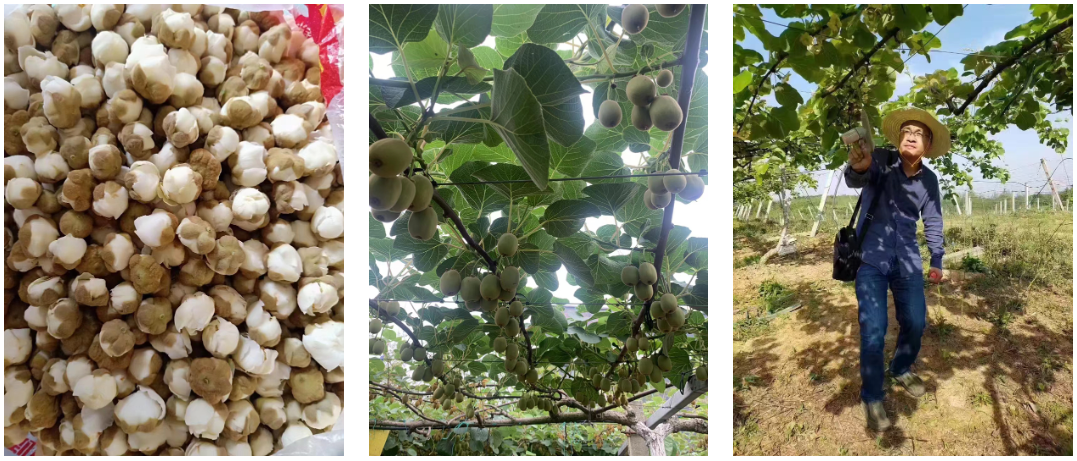វិច្ឆិកា . 17, 2024 09:23 Back to list
Pollination Enhances Unexpected Advantages for Apple Exporters and Their Markets
The Unexpected Benefits of Pollination for Apple Exporters
Pollination is a natural process that plays a critical role in the cultivation of various fruits, with apples being among the most notable beneficiaries
. Often overlooked, the significance of pollination extends beyond mere fruit production; it can yield unexpected advantages for apple exporters, enhancing their market potential and profitability.At its core, pollination involves the transfer of pollen from the male parts (anthers) of flowers to the female parts (stigmas). In apples, this process is primarily facilitated by bees, which are the most effective pollinators for fruit trees. The arrival of bees during the blooming period increases the chances of cross-pollination, leading to better fruit set and higher quality apples. This quality improvement is crucial for apple exporters, as it translates to a more appealing product for both domestic and international markets.
One of the most immediate benefits of effective pollination is the increased yield of apple crops. A higher yield means that exporters have more product to sell, allowing them to meet growing demand in various markets. For instance, the global demand for apples has been rising due to their popularity as a healthy snack and key ingredient in numerous culinary applications. Therefore, apple exporters who ensure efficient pollination can significantly enhance their production capabilities and capitalize on this increasing demand.
pollination can bring unexpected benefits to apples exporters

Moreover, apples that are well-pollinated tend to be larger, sweeter, and visually appealing—traits that are attractive to consumers. These factors contribute to a higher market value, allowing exporters to command better prices for their products. This can ultimately improve profit margins and provide an economic incentive for apple growers to invest in effective pollination strategies, such as cultivating bee populations or employing beekeepers during the flowering season.
Beyond agronomic and economic advantages, the role of pollinators like bees is crucial in promoting biodiversity. Healthy ecosystems, supported by robust pollinator populations, lead to resilient agricultural systems. For apple exporters, this balanced ecological relationship ensures sustainability in production, safeguarding their long-term viability against pests, diseases, and climate fluctuations. The inclusion of environmentally-friendly practices to protect pollinators can enhance the brand image of apple exporters, catering to a growing consumer base that values sustainable agriculture.
Additionally, the increasing awareness of the importance of pollinators has opened avenues for collaborations and partnerships. Apple exporters can work with environmental organizations to promote pollinator-friendly practices, which not only benefits their crops but also contributes to a broader movement for ecological integrity. This engagement can foster goodwill among consumers, leading to brand loyalty and improved market positioning.
In conclusion, the process of pollination brings numerous unexpected benefits to apple exporters. From boosting yields and improving apple quality to fostering biodiversity and sustainable practices, the significance of pollination extends far beyond traditional agricultural perspectives. As the global market continues to evolve, those who recognize and harness the advantages of effective pollination will likely find themselves at the forefront of the apple export industry, capitalizing on both economic and environmental gains.
-
Pollen Peach Tree for Pure Pollination and High-Quality Peach Pollen
NewsJul.30,2025
-
Premium Cherry Pollen for Pure Pollination & Different Types
NewsJul.30,2025
-
Artificial Pollination Solutions for Various Plant Pollen Types
NewsJul.29,2025
-
Artificial Pollination Solutions for All Plant Pollen Types
NewsJul.29,2025
-
Premium Plant Pollen for Pure Pollination & Pollen Block Solutions
NewsJul.29,2025
-
Artificial Pollination Solutions for Efficient Crop Yields
NewsJul.28,2025